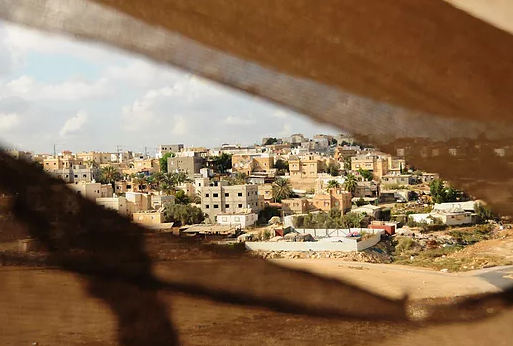
Negev Bedouin are Israel’s poorest community, with the fewest resources. A full 60% of the population is under the age of 18. High dropout rates-the highest in the country-unemployment, and lack of quality recreational activities has unfortunately led many to violence and crime. Approximately 20% of the Negev Bedouin population has no higher education. Only 4% have a college degree. Exposure to the Western world has had an impact on nearly every aspect of daily life, especially on the status of women. While women are exposed to Western ideals, many fear the dissolution of the traditional patriarchal structure, causing more repressive measures to be put in place on Bedouin women.
Only 18.5% of women work. Women are pressured to work, to help support their families, but are forbidden from working outside of their community; as a result, the vast majority is unemployed. When seeking work outside the community, they face insurmountable linguistic and cultural barriers. Workforce participation offers economic, professional, social, and personal empowerment. Encouraging women’s participation is vital to the continued development of the Bedouin community, while giving them means to perpetuate their rich cultural traditions.
We are committed to confronting these tensions on a grassroots level. Explore Rahat will train 15 young Bedouin women, graduates of our youth programs, as tour guides in Rahat, empowering them and employing them with both monetary and cultural capital. The training course will run over the course of three months; sessions will include empowerment training, public speaking and professionalism courses; and the young women will develop a familiarity with the tour including the history of Rahat and its context in Israel today.
A 20-hour training course in professionalism, marketing and branding, and logistics will also be offered to 10 local Bedouin women, who will market their wares (culinary and artisanal) at the conclusion of the tour.
Tours will begin at A New Dawn’s Bedouin hospitality tent, where the newly trained tour guides will outline the history and modern context of Rahat. The tour will conclude back at the hospitality tent, where local women artisans will have cooked a Bedouin meal (cost to be included in the price of the tour; the women will be compensated at a profit), and will have set up a mini souk, selling Bedouin crafts and souvenirs.
Tour groups, tour guides, and local artisans will benefit from an exchange of cultural capital: those who have never been exposed to the history or traditions of the Negev Bedouin will gain an understanding of the city’s cultural and political context; while tour guides and local artisans will gain wider exposure to different cultures and peoples.

